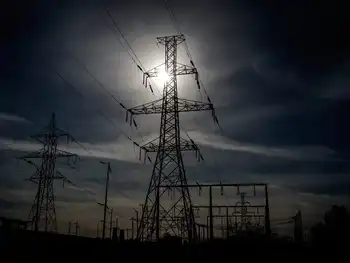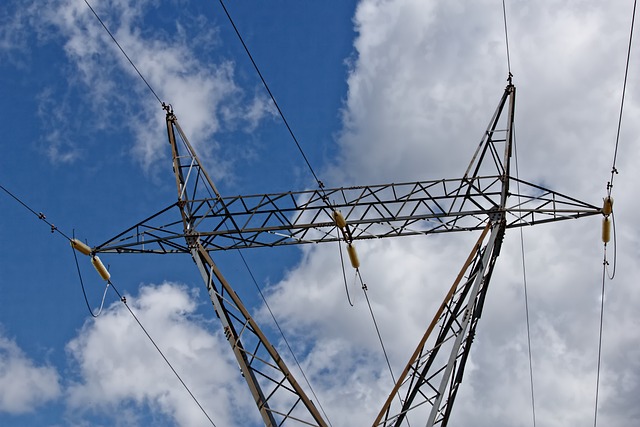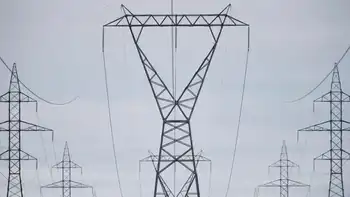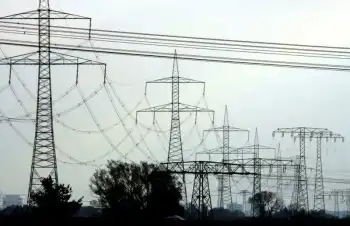PPL eyes jump-start power
To rectify the problem, the utility has requested additional capacity of up to 100 megawatts from self-sufficient electricity generators, which could start themselves without off-site electricity.
"One of the ironies is it takes electricity to make electricity," PJM Interconnection spokesman Ray Dotter said. Large-scale plants, such as PPL Corp.'s various coal-fired units, require conveyor belts and other devices that rely on off-site power, he said. That begs the question, he said, "If the whole grid goes down, how do you restart a power plant?"
The answer is so-called "black start units," which can be simple diesel generators, hydroelectric dams or any other quick-start electric plant "with a generator attached to it" to allow independent start up, Dotter said.
Bids for construction are running through PJM, a wholesale electricity marketer for 13 mid-Atlantic states and the District of Columbia. PPL is requesting between 70 megawatts and 100 megawatts of such generation in its transmission zone, which includes roughly 1.4 million customers in 29 Pennsylvania counties.
Part of the service would have to be located around York Haven, Pa., to help power up PPL's Brunner Island coal-fired plant after energy-hungry, pollution-reducing scrubbers come online in 2009. The remainder could be proposed anywhere throughout the transmission zone, including Luzerne County.
The projects must be proposed to PJM by Feb. 13, 2008, and be in service by early 2009.
Related News

National Steel Car appealing decision in legal challenge of Ontario electricity fee it calls an unconstitutional tax
TORONTO - A manufacturer of steel rail cars is pursuing an appeal after its lawsuit challenging the constitutionality of a major Ontario electricity fee was struck down earlier this year.
Lawyers for Hamilton, Ont.-based National Steel Car Ltd. filed a notice of appeal in July after Ontario Superior Court Justice Wendy Matheson ruled in June that an electricity fee, known as the global adjustment, was a regulatory charge, and not an unconstitutional tax used to finance policy goals, as National Steel Car alleges.
The company, the decision noted, began its legal crusade last year after seeing its electricity bills had “increased dramatically”…





